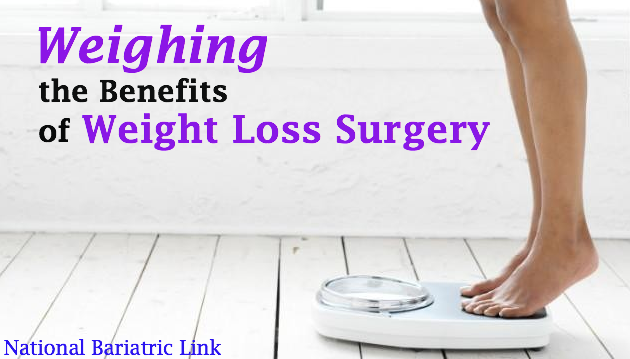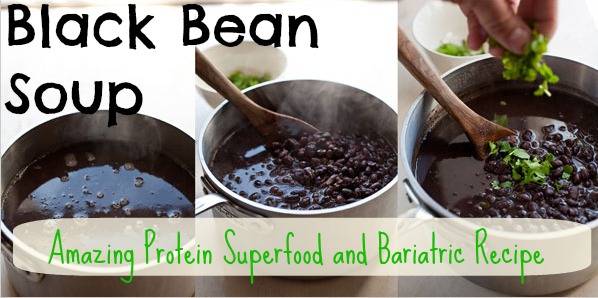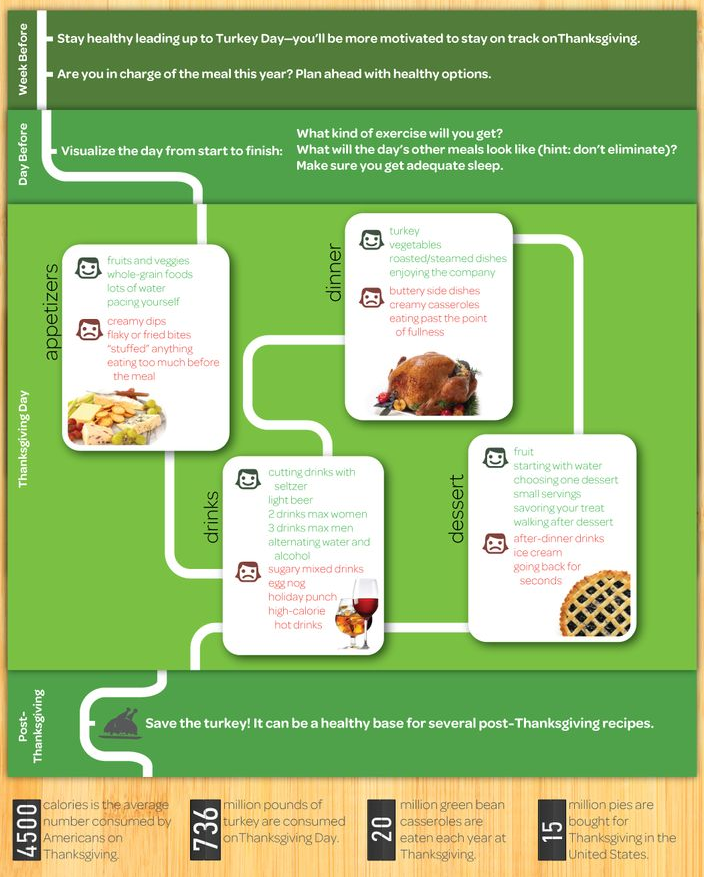There are countless benefits of choosing weight loss surgery when traditional weight loss options fail to work and body mass index has reached dangerous proportions. In this instance, bariatric surgery can increase happiness, quality of life, life expectancy and health. Also known as weight loss surgery, bariatric surgery is quickly becoming an extremely popular medical procedure in the United States.

This rise in popularity regarding weight loss surgery can be attributed to the fact that so many have found a new and improved quality of life. This life changing bariatric procedure remove the struggle of losing weight and minimizes both the risks and the effects of many health issues that are typical in those who deal with obesity.
Bariatric can be life saving as well as life changing, as there are many serious complications that are often attributed to obesity. What may seem like a drastic intervention to some is actually giving the gift of a new and improved life for people who have struggled with their weight for years until giving up. Weight loss surgery intervenes, bringing new hope and a new outlook on life while eliminating many risks that obesity brings.
The numbers change every year as more and more people opt for this life-renewing option but recent records suggest more than 150,000 had bariatric surgery in the United States last year alone. According to the American Society of Metabolic and Bariatric Surgery, previous years saw numbers as high as 220,000 in weight loss surgery patients.
With each new and innovative technique discovered by modern medicine, weight loss surgery has become safer than ever before. The biggest problem with bariatric surgery is the millions who need this procedure will never reap these benefit. This is due to the fact that, out of the 15-20 million severely obese people in the United States, only about one percent will follow through with this surgery after meeting the guidelines.
In terms of weight loss surgery, there are several options and various procedures that can be chosen to help you lose weight effectively. Your doctor and nutritionist will know which of these bariatric procedures can best benefit your personal situation, health needs and lifestyle. The most common bariatric treatments are called:
![]() Roux-en-Y Gastric Bypass Surgery
Roux-en-Y Gastric Bypass Surgery
![]() Adjustable Gastric Banding also know as the Lap Band
Adjustable Gastric Banding also know as the Lap Band
![]() Realize Band
Realize Band
![]() Sleeve Gastrectomy
Sleeve Gastrectomy
![]() Biliopancreatic Diversion with Duodenal Switch Surgery
Biliopancreatic Diversion with Duodenal Switch Surgery
These are some of the more popular bariatric surgery techniques, most of which are performed using a minimally invasive laparoscopic procedures. Usually, this entails one or more tiny incisions, rather than open surgery techniques using one larger incision, for minimal pain and healing time.
Who Needs Bariatric Surgery?
Obesity is considered to be a chronic health condition that many suffer with for years, sometimes even an entire lifetime. People who suffer from the many effects of obesity find it difficult, if not impossible, to lose weight through the traditional methods such as exercise, healthy diet, or medically supervised programs such as diet pills. Bariatric surgery is not always the easiest option but it does give hope to obese individuals. Chosen by doctors as a last resort to save lives, bariatric surgery gives new options to those who need a medical intervention to increase quality of life.
Weight Loss after Bariatric Surgery
Now that you know the basics about weight loss surgery, it is important to know how much weight you can expect to lose after undergoing a bariatric procedure. The results of bariatric surgery have been quite favorable as a permanent treatment for obesity, promoting and providing long term weight reduction. If you are at least one hundred pounds overweight, the only permanent treatment for weight loss is bariatric surgery.
To better understand the benefits of bariatric surgery, please consider other popular weight loss options. When obese patients lose weight via diet and exercise, the long term weight reduction equals only about ten percent. However, with Gastric Bypass and Lap band surgery techniques, this number increases to an impressive fifty to sixty percent over five years. With the Biliopancreatic Diversion with Duodenal Switch Surgery technique, average weight loss increases to as much as eighty percent of the excess weight.
While bariatric surgery options are designed to specifically deal with the need for weight loss, these options offer amazing results regarding many other metabolic conditions and diseases. Many positive results have been seen after weight loss surgery in health conditions such as
![]() Type 2 Diabetes
Type 2 Diabetes
![]() Obstructive Sleep Apnea
Obstructive Sleep Apnea
![]() Hyperlipidemia
Hyperlipidemia
![]() Cardiovascular Disease
Cardiovascular Disease
![]() Hypertension or High Blood Pressure
Hypertension or High Blood Pressure
![]() High Cholesterol
High Cholesterol
![]() Non-Alcoholic Fatty Liver Disease
Non-Alcoholic Fatty Liver Disease
![]() Skin Issues such as Rash and Infection
Skin Issues such as Rash and Infection
![]() Lymphedema
Lymphedema
![]() Arthritis
Arthritis
![]() GERD
GERD
![]() Depression
Depression
![]() Venous Stasis Disease
Venous Stasis Disease
![]() Stress Urinary Incontinence
Stress Urinary Incontinence
![]() Gout
Gout
![]() Swollen Ankles
Swollen Ankles
![]() Infertility
Infertility
![]() Heart Failure
Heart Failure
![]() Metabolic Syndrome
Metabolic Syndrome
![]() Migraines
Migraines
![]() Asthma
Asthma
![]() Premature Death
Premature Death
Extended Your Life Span with Bariatric Surgery
You may have noticed the last item on the long list of benefits above is Premature Death. People who suffer from obesity not only suffer from a reduced quality of life but a reduced life expectancy as well. Weight loss surgery could add anywhere from thirteen to twenty years to a person’s lifespan.
Bariatric surgery improves nearly every aspect of an obese individual’s life including those related to social, economic, physical, recreational, and even relationship opportunities. With an increased sense of happiness and well-being, bariatric surgery patients can also expect to save money in future medical expenses and lost wages to illnesses which would have related to their obesity.








